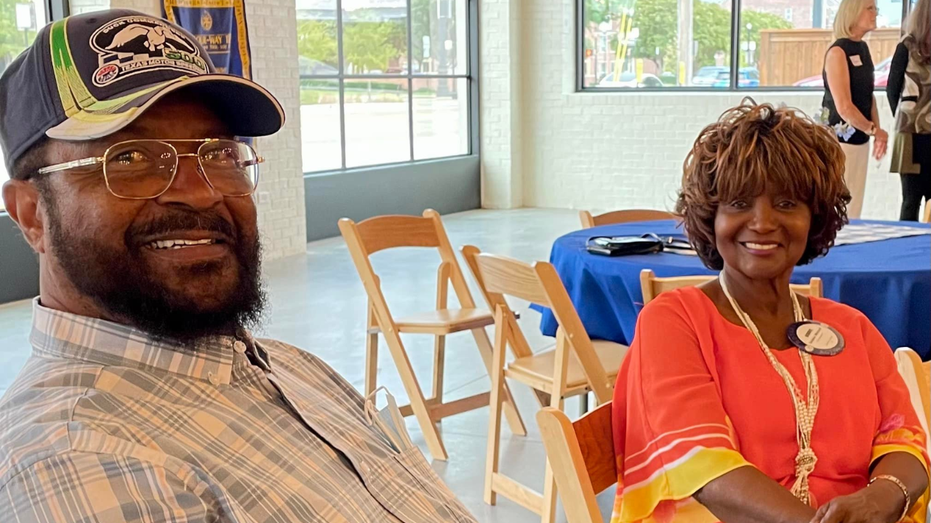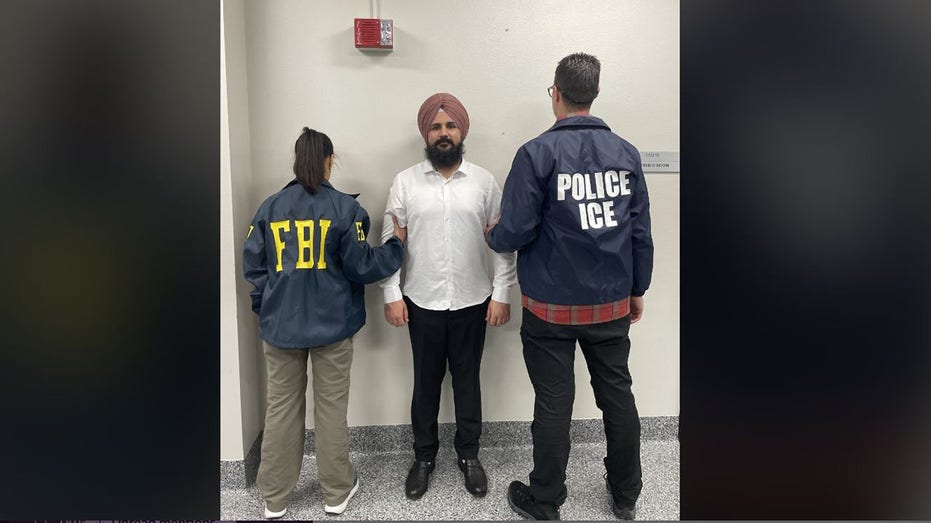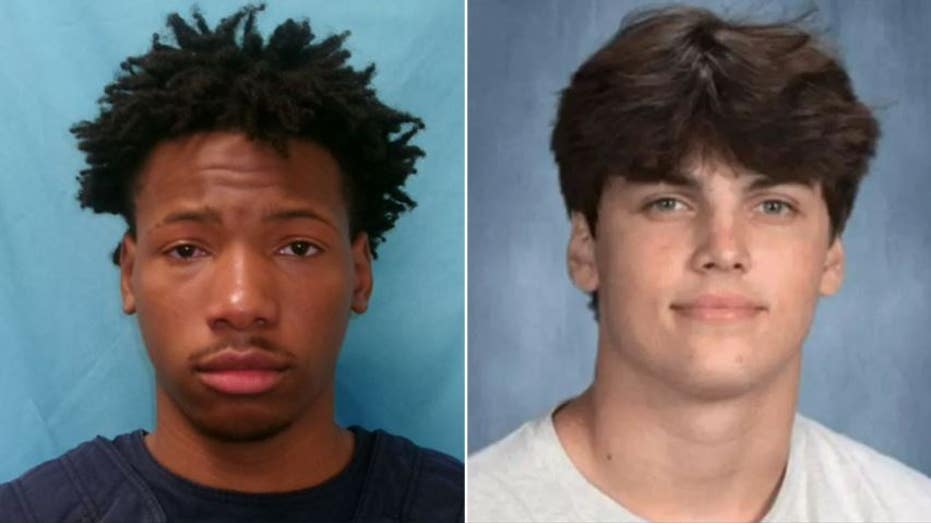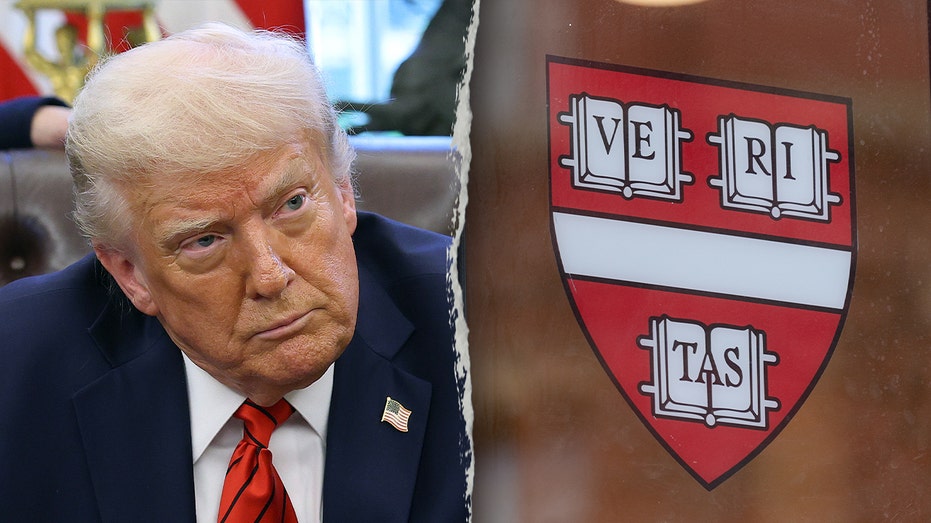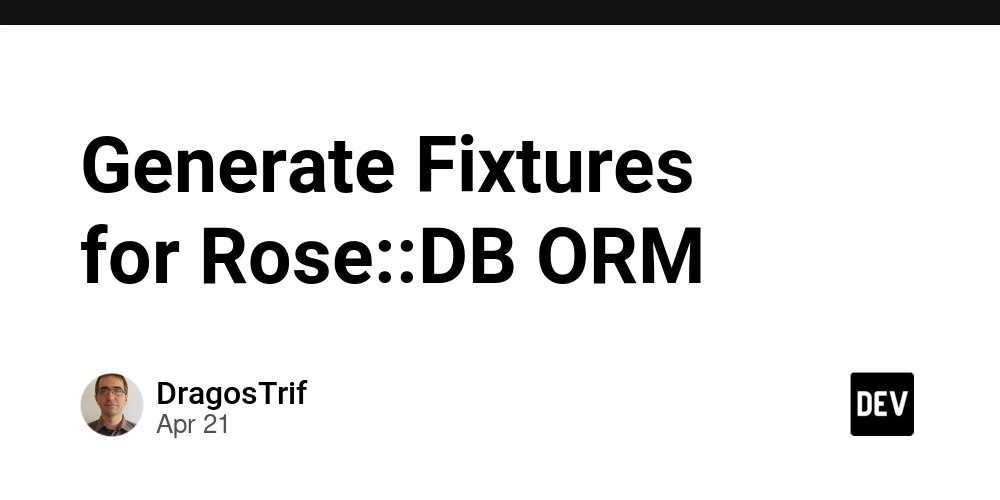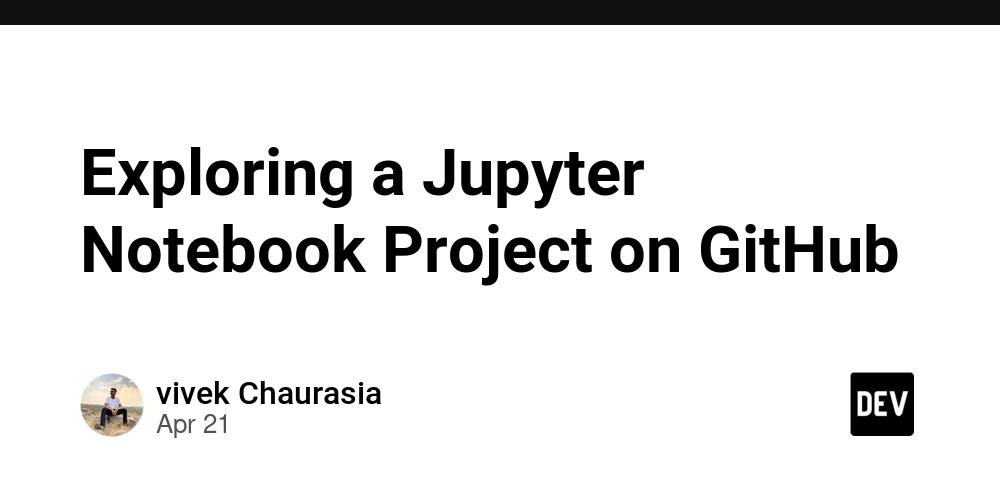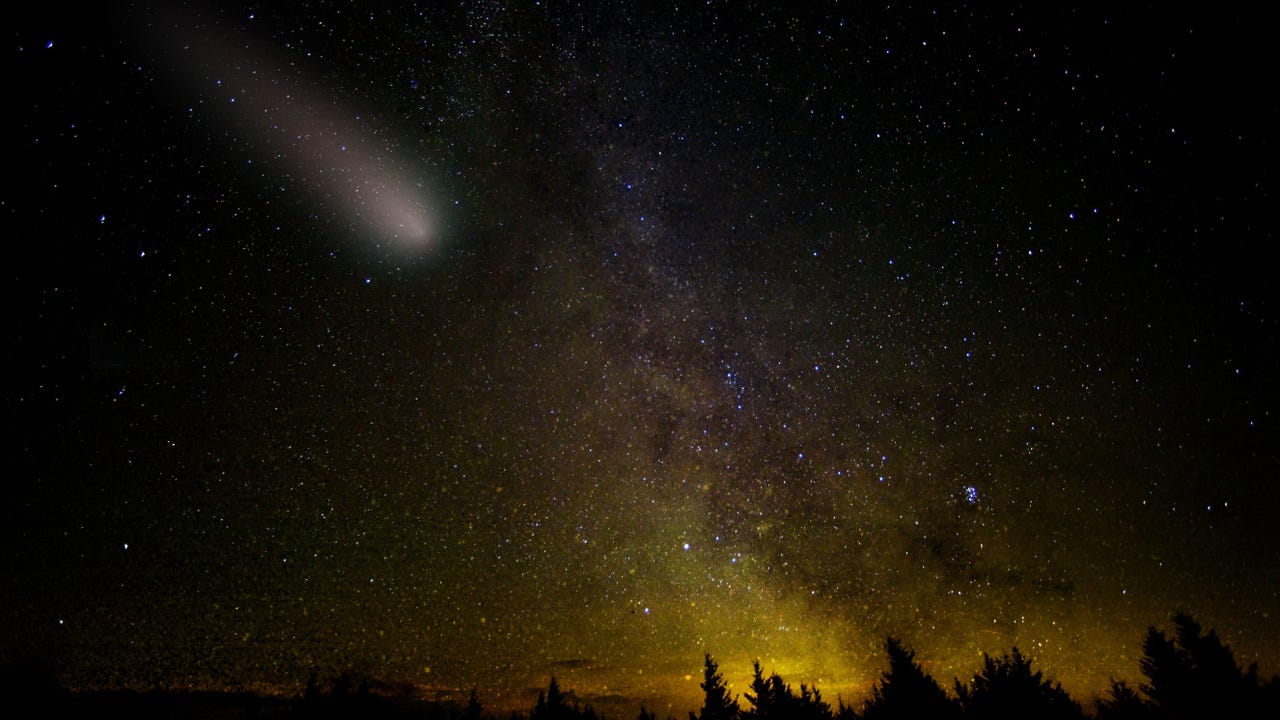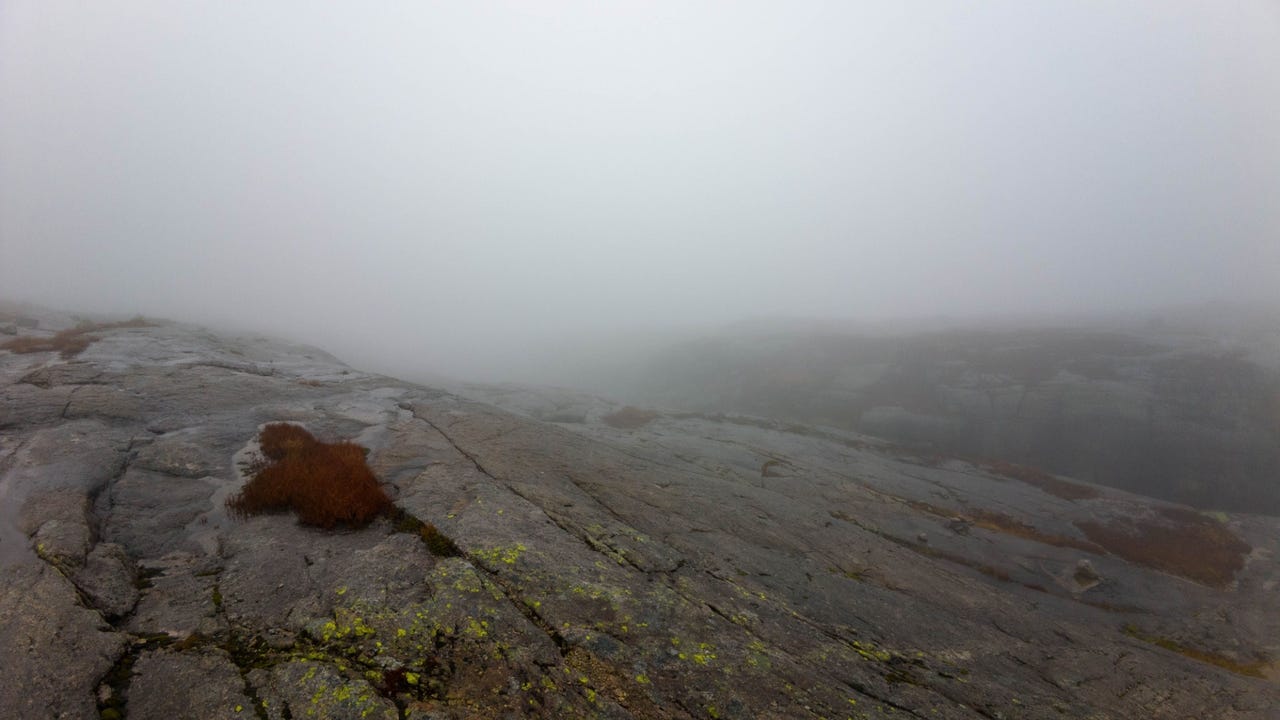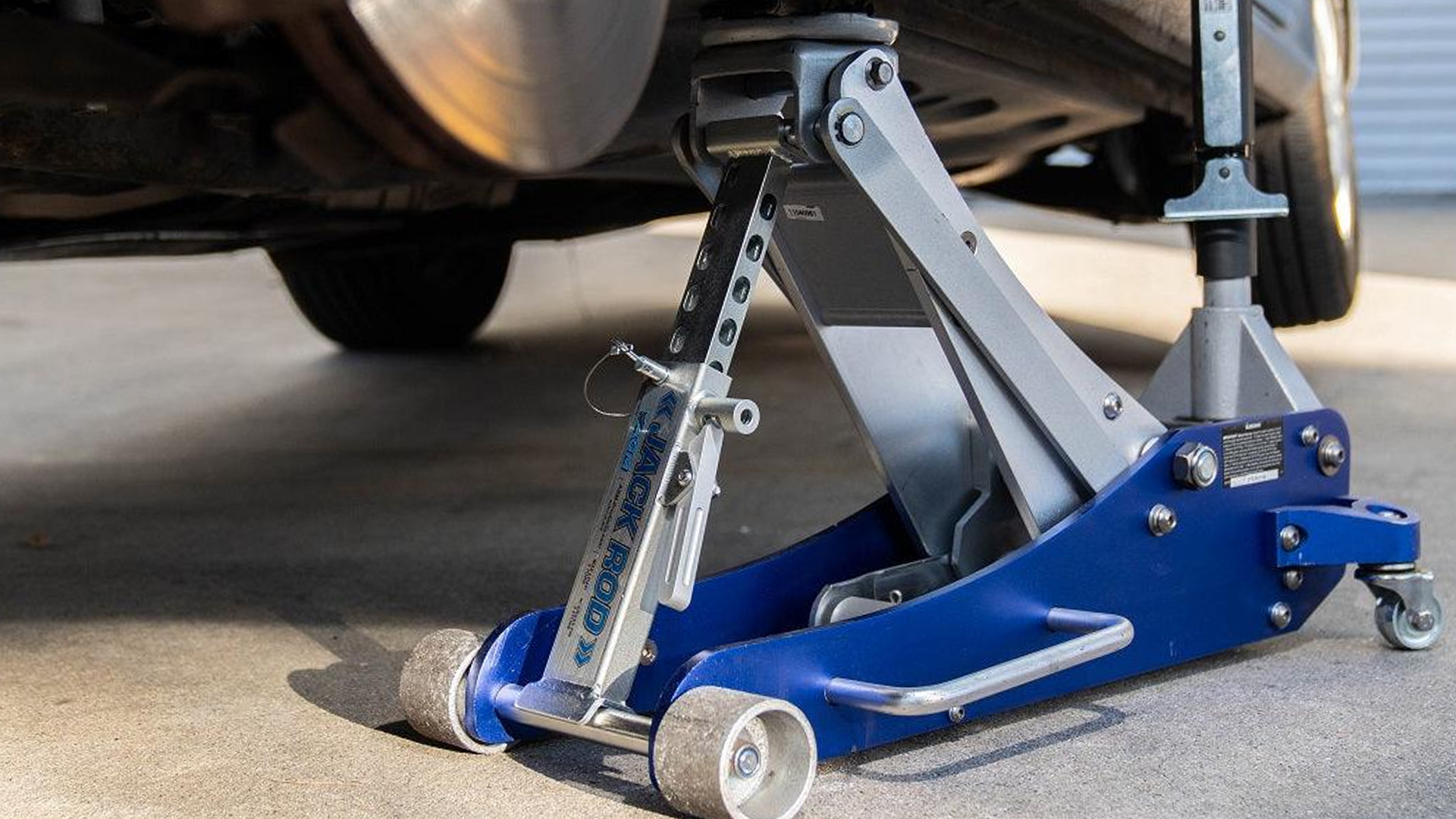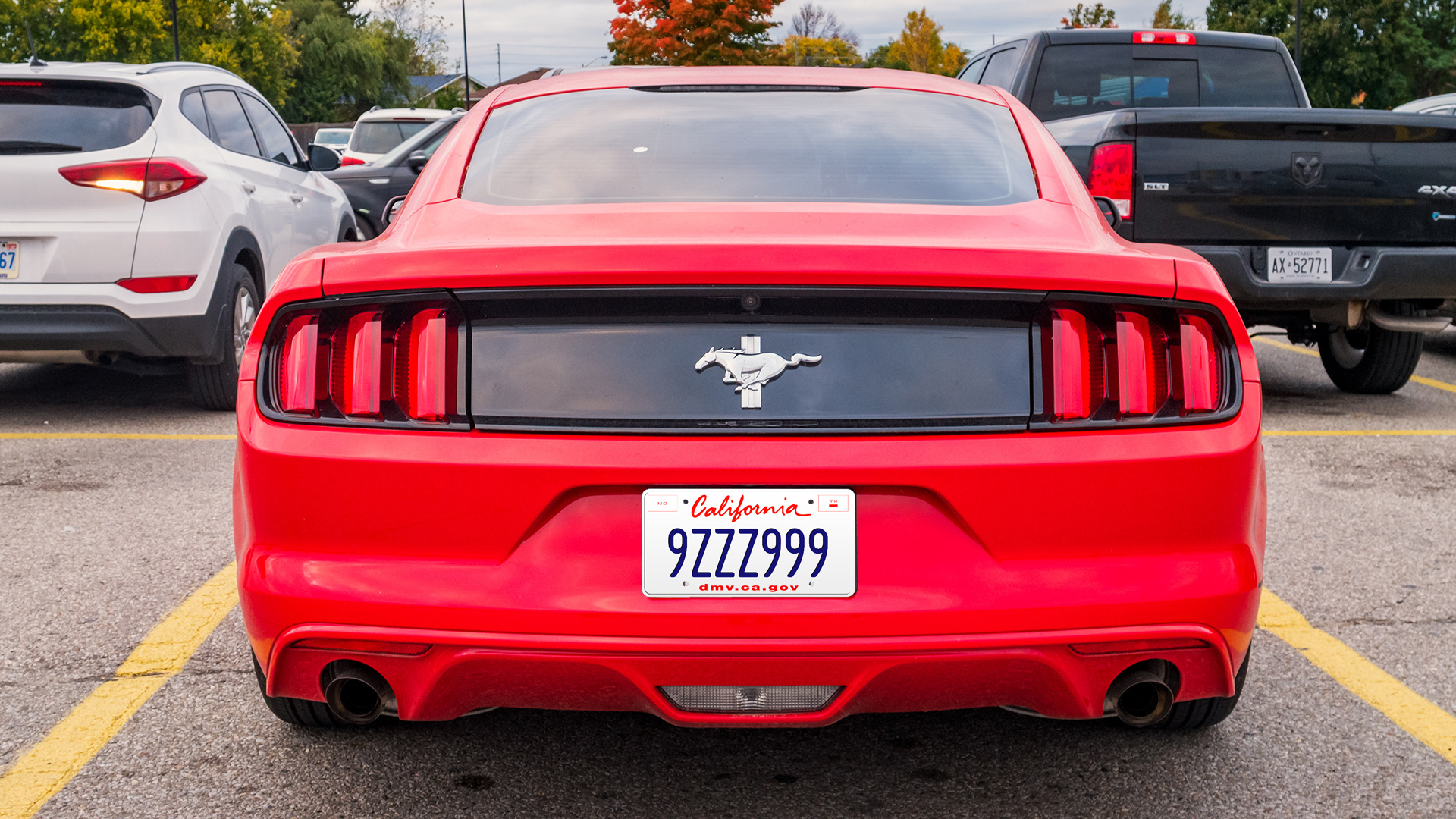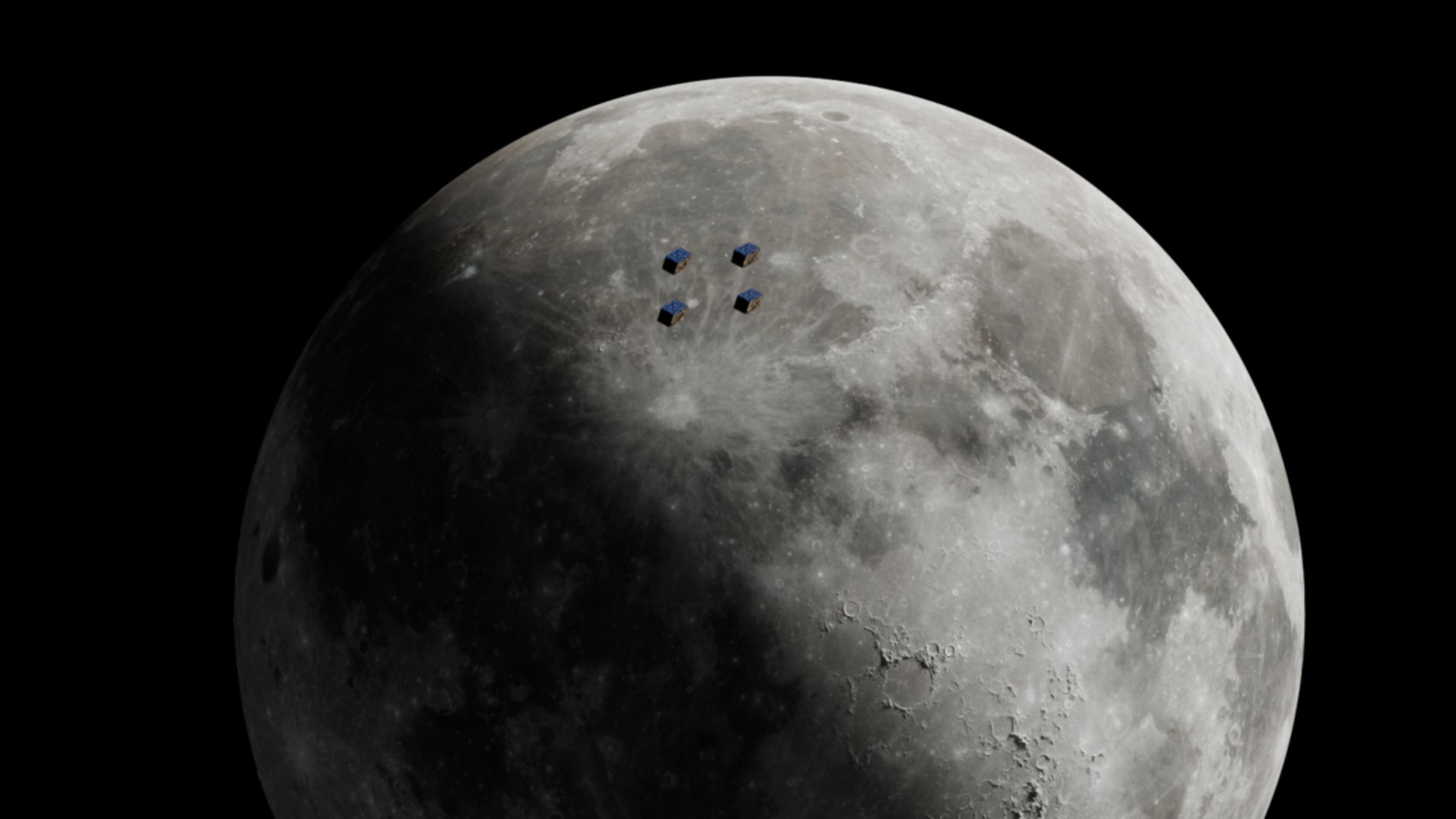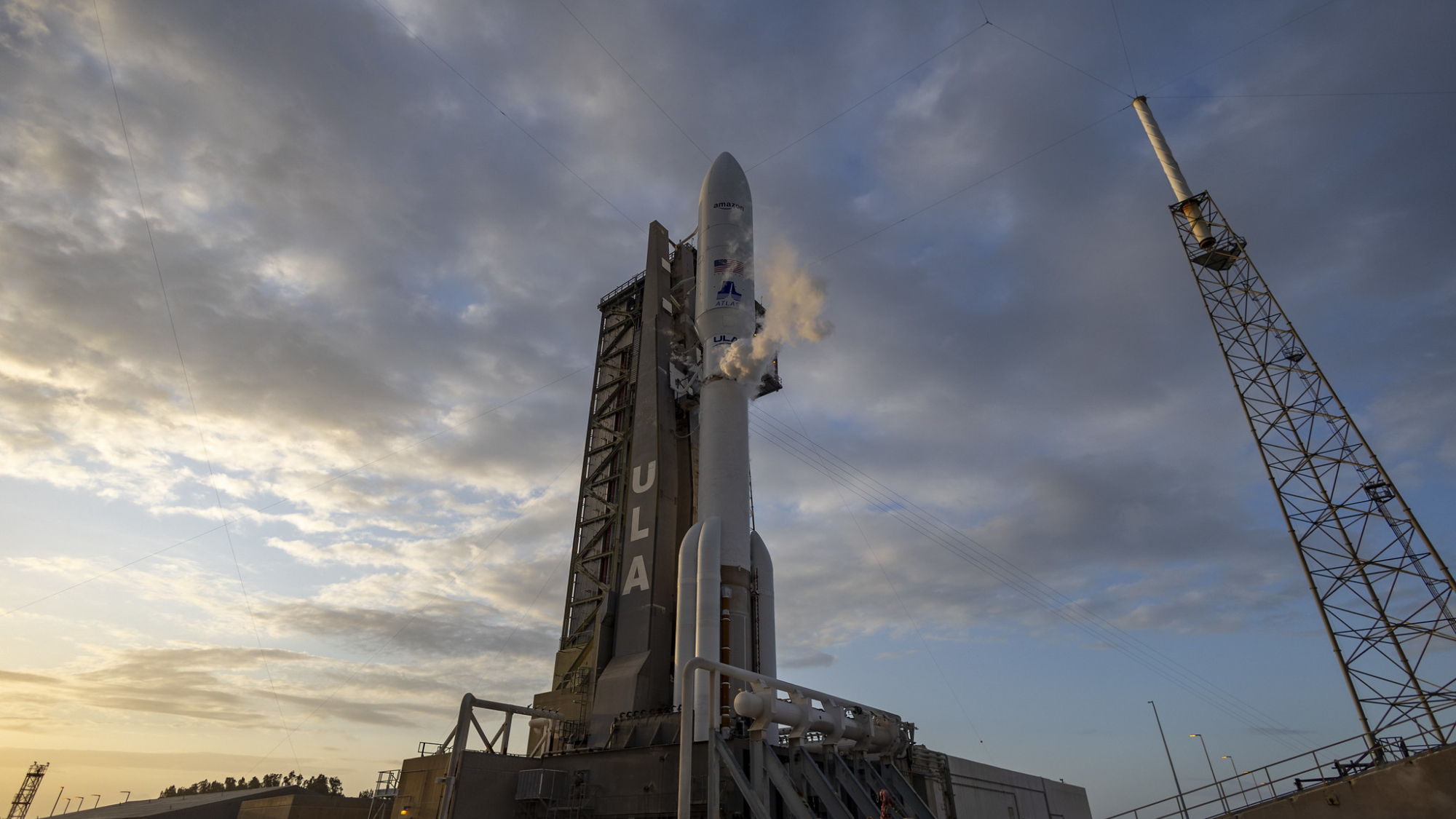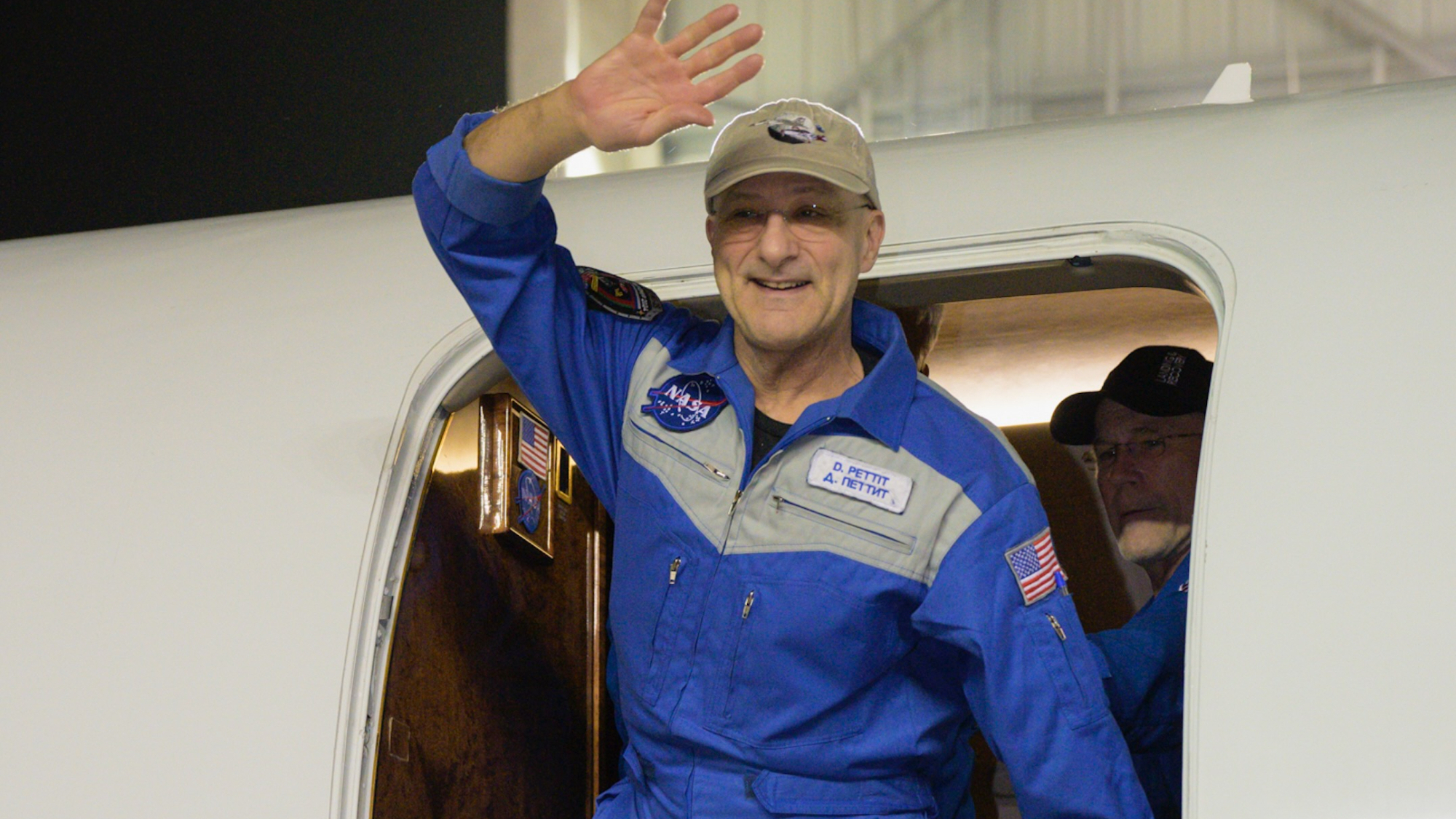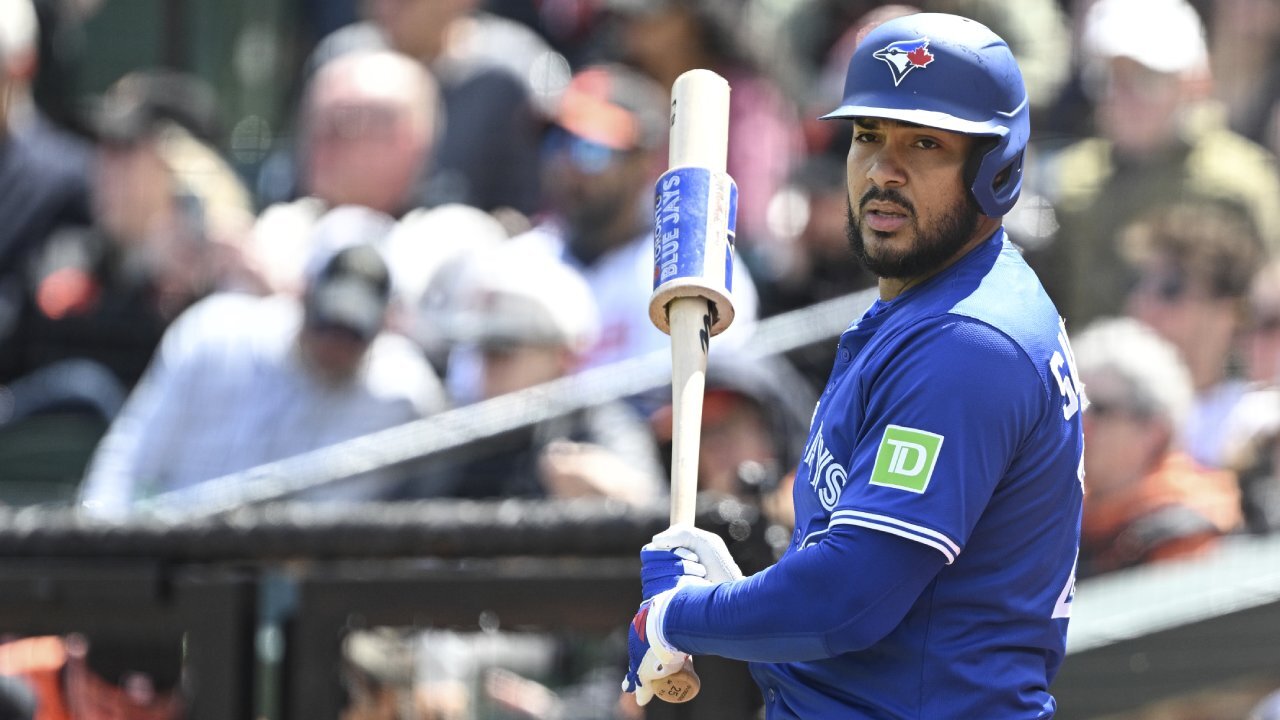YouTube Backs Bipartisan NO FAKES Act to Combat Harmful AI-Generated Replicas
YouTube is backing the bipartisan NO FAKES Act to combat harmful AI-generated replicas and protect creators’ rights.

YouTube has announced its support for the NO FAKES Act of 2025, a bipartisan legislative proposal aimed at addressing the misuse of AI-generated content that simulates an individual’s likeness or voice. Introduced by Senators Chris Coons (D-DE) and Marsha Blackburn (R-TN), the legislation is intended to provide legal tools to prevent deceptive or unauthorized digital replicas that can mislead audiences or harm reputations.
According to YouTube, the NO FAKES Act complements the platform’s broader commitment to responsible AI development and content protection. The company describes the legislation as a clear legal framework to safeguard individuals’ rights, echoing its support for related initiatives like the TAKE IT DOWN Act.
“For nearly two decades, YouTube has been at the forefront of handling rights management at scale, and we understand the importance of collaborating with partners to tackle these issues proactively,” said Leslie Miller, Vice President of Public Policy at YouTube. “Now, we’re applying that expertise and dedication to partnership to ensure the responsible deployment of innovative AI tools. We thank Senators Coons and Blackburn, and Representatives Salazar and Dean, for their leadership on the NO FAKES Act, which is consistent with our ongoing efforts to protect creators and viewers, and reflects our commitment to shaping a future where AI is used responsibly.”
Collaborative Advocacy for Responsible AI
YouTube has worked closely with lawmakers and industry partners, including the Recording Industry Association of America (RIAA) and the Motion Picture Association (MPA), to support a unified legislative response to the growing concerns around synthetic media. The company points to its long-standing initiatives such as Content ID as foundational efforts in managing rights at scale, which it is now extending to challenges posed by AI technologies.
The platform is also developing new tools to help users detect and control how their likeness is used on YouTube. Among these efforts are likeness management tools and a pilot program launched with figures in the creative industry to offer early access to technology that can identify and manage AI-generated depictions.
YouTube has also revised its privacy process to allow individuals to submit takedown requests for AI-generated or altered content that mimics their face or voice. The company emphasizes that these steps are part of its broader strategy to prevent misuse and promote trust in the age of AI.
Support from the Creative Industry
The RIAA also expressed its support for the NO FAKES Act and YouTube’s leadership in the area of responsible AI deployment. “America was built on strong individual protections and liberties, and the bipartisan NO FAKES Act reintroduced today is part of that unbreakable tradition,” said Morna Willens, RIAA Chief Policy Officer. “By establishing responsible, clear guardrails for digital replicas, the legislation will help both creators and innovators thrive. RIAA thanks YouTube for their collaboration and support of this approach, including their leadership rolling out new policies and protections without waiting for new law.”
Willens also applauded the bipartisan leadership behind the bill, stating, “We applaud Senators Blackburn (R-TN) and Coons (D-CT) as well as Representatives Salazar (R-FL) and Dean (D-PA) and their many cosponsors for prioritizing this balanced legislation, and encourage Congress to pass the NO FAKES Act this year.”
YouTube stated that the notification process outlined in the bill is key to helping platforms differentiate between authorized content and harmful AI-generated replicas. “Without it, platforms simply can’t make informed decisions,” the company noted.
The platform reiterated its call for Congress to pass the NO FAKES Act, framing it as essential to protecting creators and viewers while ensuring AI is used to empower—not exploit—the digital ecosystem.
This article, "YouTube Backs Bipartisan NO FAKES Act to Combat Harmful AI-Generated Replicas" was first published on Small Business Trends

